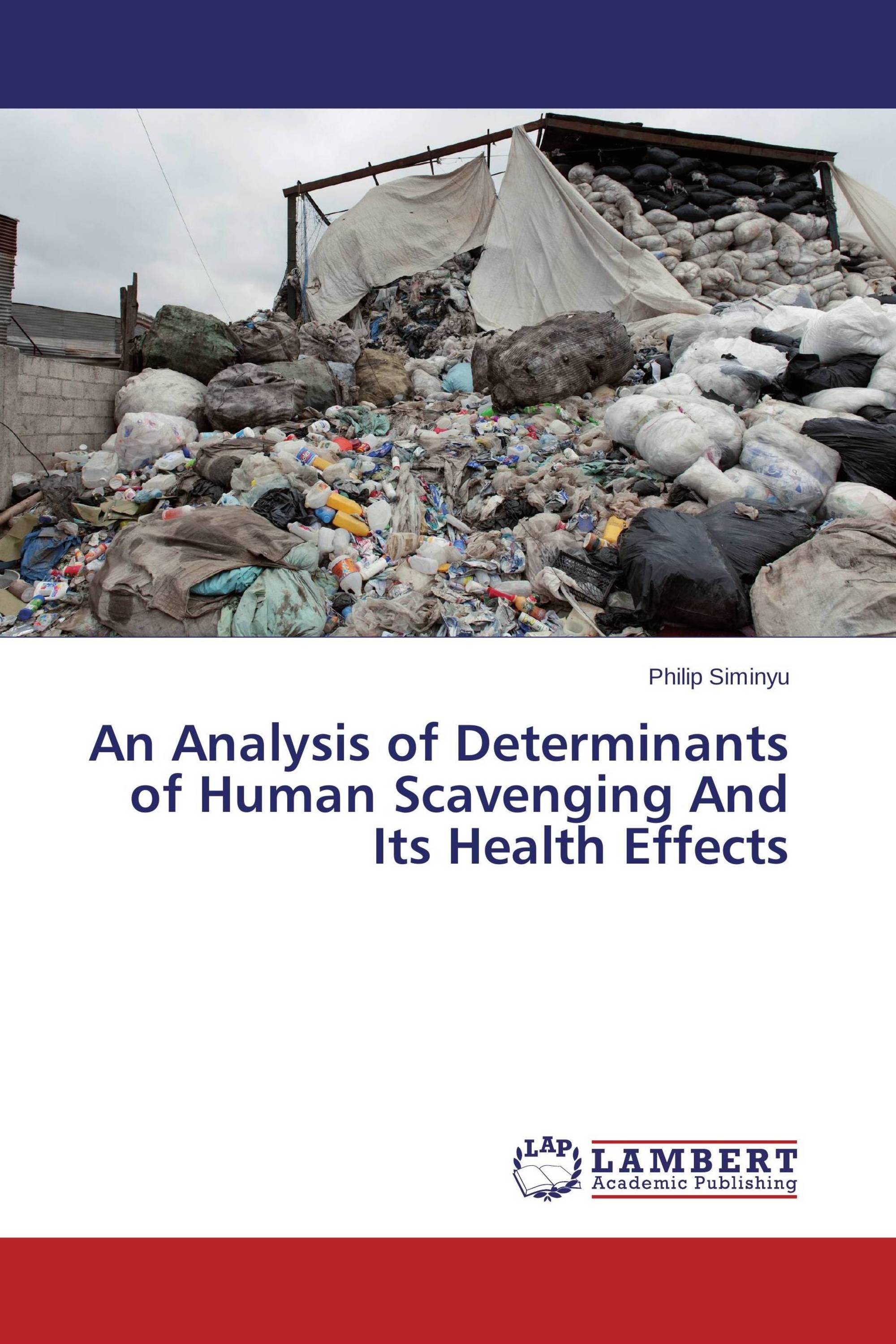An Analysis of Determinants of Human Scavenging And Its Health Effects
LAP Lambert Academic Publishing ( 02.10.2015 )
€ 35,90
Waste recycling and reduction have been recognized as the basic premise of all waste management. Recycling and resource recovery offers good scope for employment generation and is a potential health risk. Such an opportunity is scavenging. This study is designed to examine quantitatively the determinants of human scavenging and its related health risks. The data used was generated from the primary source and SPSS software was used in data analysis. Descriptive analysis which forms the most argument of this study was done while ordinary least square regression model was also used in the analysis. The model examined the determinants of the total amount of income earned from scavenging by the sampled respondents. The data shows that distance from the dumpsite to the respondents’ residence, gender of the respondents, age and education variables are statistically significant in determining the total amount of income earned from scavenging at (P< 0.05). Based on these findings, a policy that improves the living standards and the working conditions of scavengers were put forward.
Kitap detayları: |
|
|
ISBN-13: |
978-3-659-76025-9 |
|
ISBN-10: |
3659760250 |
|
EAN: |
9783659760259 |
|
Kitabın dili: |
English |
|
Yazar: |
Philip Siminyu |
|
Sayfa sayısı: |
52 |
|
Yayın tarihi: |
02.10.2015 |
|
Kategori: |
Tarım, bahçecilik, ormancılık, balıkçılık, beslenme |




